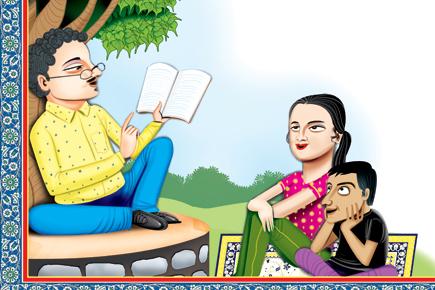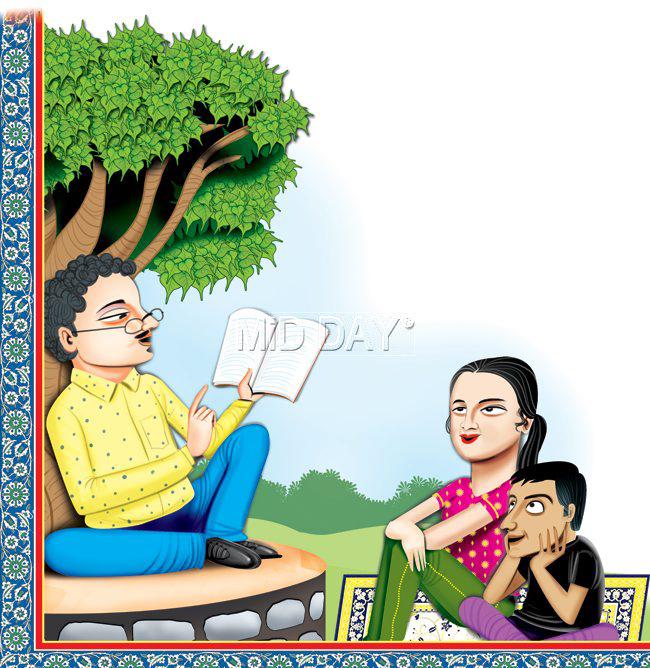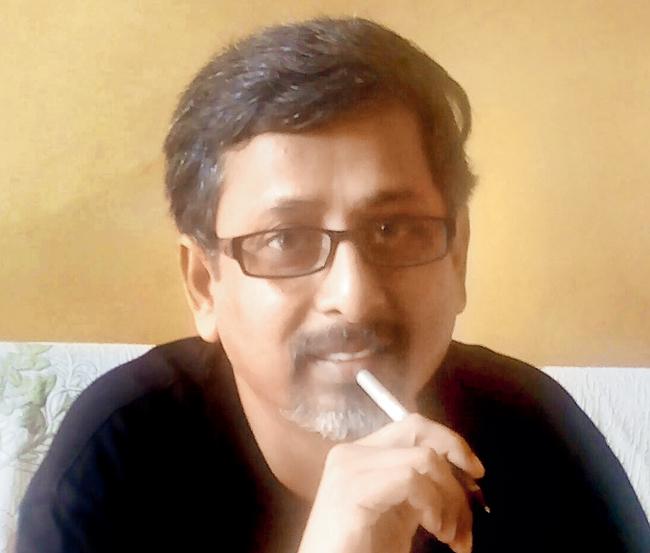World Storytelling Day is celebrated around the globe on March 20. A few events this weekend will help you understand the nuances of storytelling

The Katha Project, an experimental project in comparative mythology and ancient history, is organising a talk on mythology and the importance of storytelling by Utkarsh Patel, faculty of Comparative Mythology at Mumbai University. He is a founder member of Talking Myths Project, an online archive of traditional tales from the Indian subcontinent.
ADVERTISEMENT

Illustration/Amit Bandre
Patel will delve on different types of storytelling such as Folk tales, myths and legends with an emphasis on Greek myths. His talk will feature Folk tales from the collections of AK Ramanujan, Greek myths of Diana and Actaeon, and myths from Celtic and lesser-known Native Indian cultures, to offer insight into global storytelling traditions. Another aspect that he will delve on is the use of mythology by a historical character like Alexander the Great, who used myths to his advantage.

Utkarsh Patel
Speaking about the importance of storytelling, Patel says, “It is a means of setting cultural and behavioural norms, apart from providing entertainment. Greeks and other ancient cultures used myths to explain the environment in which humankind lived, natural phenomena witnessed and the passing of time through the days, months, and seasons. Through stories, we can explain the complexities and irrationality of myths. Once understood, it can serve as guiding lessons for humanity.”
He further explains, “The earliest form of storytelling was cave paintings which was followed by oral storytelling. With the development of language came verbal renditions as a part of oral traditions, like Kathas and Pravachans. Storytelling could also be in the form of dance dramas.”
With time, stories and storytellers gained significance and a culture evolved. “Some stories became part of ‘social memory’, and were an inherent part of the collective unconscious, a reservoir of experiences of a community. Perhaps that’s why in India, we don’t read the Ramayana or the Mahabharata, yet everybody seems to know about it!”
 Subscribe today by clicking the link and stay updated with the latest news!" Click here!
Subscribe today by clicking the link and stay updated with the latest news!" Click here!






